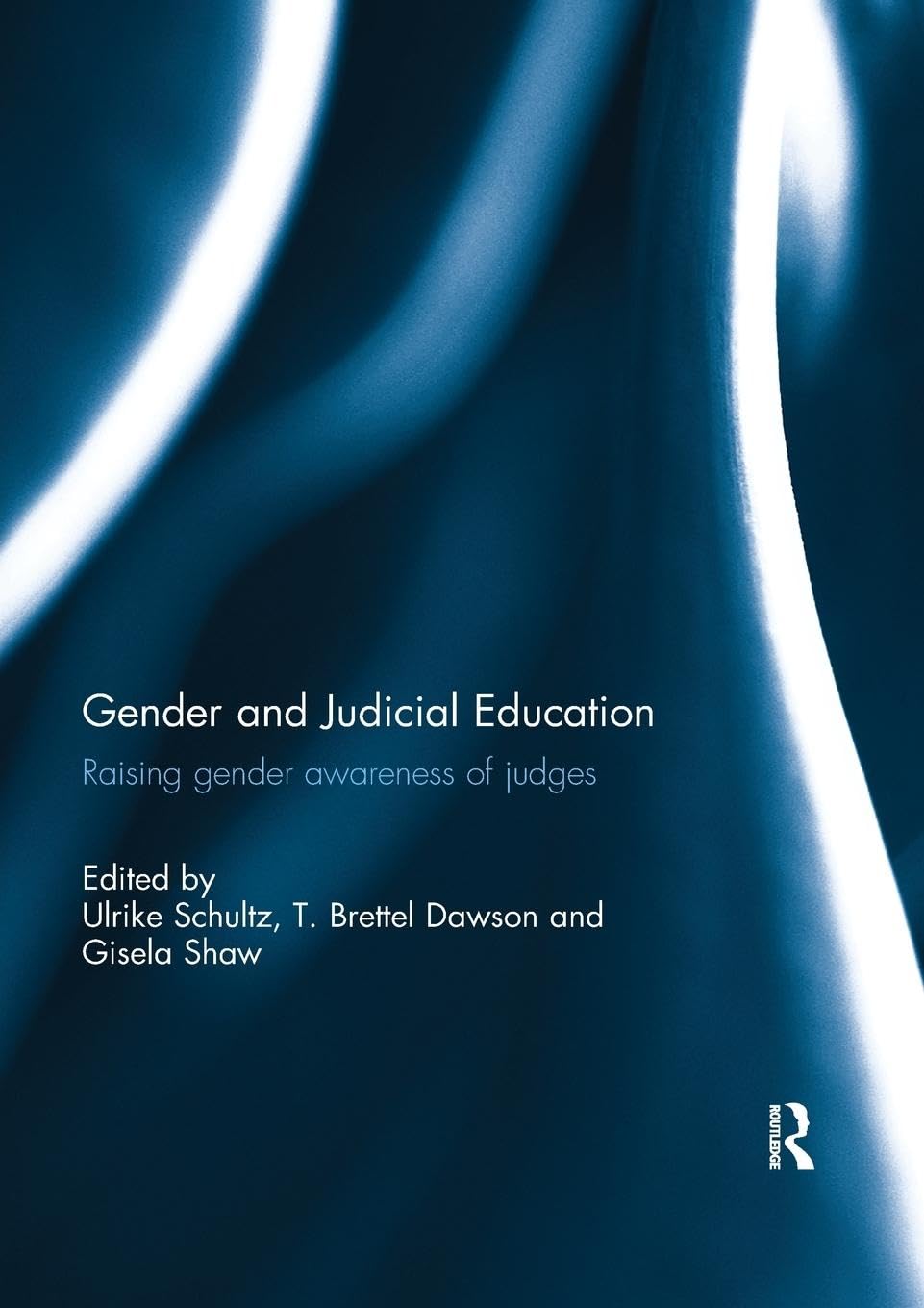Gender and Judicial Education: Raising Gender Awareness of Judges
Gender and Judicial Education: Raising Gender Awareness of Judges is backordered and will ship as soon as it is back in stock.
Couldn't load pickup availability
Genuine Products Guarantee
Genuine Products Guarantee
We guarantee 100% genuine products, and if proven otherwise, we will compensate you with 10 times the product's cost.
Delivery and Shipping
Delivery and Shipping
Products are generally ready for dispatch within 1 day and typically reach you in 3 to 5 days.
Book Details
-
Author: Schultz, Ulrike
-
Brand: Routledge
-
Edition: 1
-
Binding: Paperback
-
Number Of Pages: 148
-
Release Date: 10-01-2018
-
ISBN: 9780367029715
-
Package Dimensions: 9.6 x 6.8 x 0.4 inches
-
Languages: English
About the Book
Judicial Education has witnessed significant growth over the past 25 years, especially in common law countries, and has recently become an essential component of judicial reform programs in developing countries, with a focus on gender awareness, as required by donor agencies. However, while civil law jurisdictions have long incorporated judicial education through judges' schools, gender issues have often been overlooked in the curricula. This book offers a timely review of the global landscape of judicial education, drawing on diverse perspectives and experiences from around the world.
The text delves into several pivotal questions: What is the current state of judicial education? How is it implemented across developed and developing countries? Who are the educators, and who are the learners? How is judicial education on gender perceived by judges? And, ultimately, how effective are these programs?
The book covers six countries, including both civil law and common law jurisdictions: Germany, Argentina, Japan, Bosnia and Herzegovina, Canada, and Uganda. The chapters address these questions, shedding light on gender-focused judicial training and the challenges and successes of these programs in diverse legal systems. This volume, originally published as a special issue in the International Journal of the Legal Profession, serves as a vital resource for understanding the role of gender in judicial education and the broader context of judicial reform worldwide.





